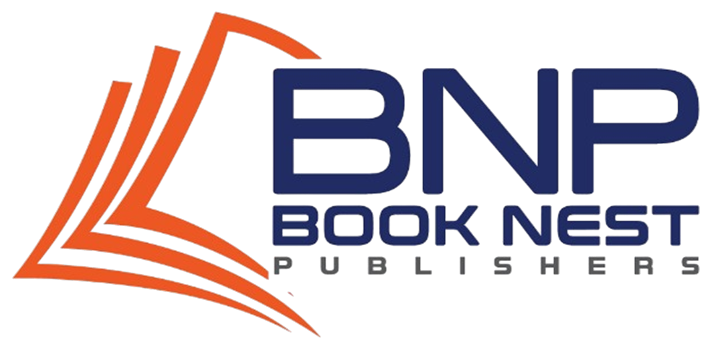Publishing a book is no longer reserved for big-name authors or those backed by large publishing houses. Today, with the rise of digital platforms and self-publishing tools, book publishers and independent writers alike have more opportunities than ever to share their stories with the world. Whether you are a first-time author or an experienced writer, learning how to self-publish a book can open doors to global readers, flexible creative control, and better royalty options.
In this guide, we’ll walk you through the entire process—from book writing to distribution—so you can successfully bring your manuscript to life.

Step 1: Finalize Your Manuscript
Before thinking about book publishing, your manuscript needs to be complete and polished. This means going beyond just writing “The End.” After completing your book writing phase, invest time in thorough editing. You can hire a professional editor or use peer feedback from fellow writers to improve grammar, pacing, and structure. Remember, a well-written book stands a better chance of capturing reader attention and earning positive reviews.
Step 2: Choose Your Publishing Path
When it comes to publishing, you have two main choices:
- Traditional Publishing – Working with established book publishers who take care of editing, cover design, marketing, and distribution. This route is competitive, often requiring a literary agent.
- Self-Publishing – Taking full control of your book’s production and distribution, whether through Amazon Kindle Direct Publishing (KDP), Lulu, or other platforms.
For new authors, how to self-publish a book is often the more accessible path. You keep your creative freedom, set your pricing, and can publish on your own schedule.
Step 3: Understand Book Formatting
Before your book goes live, you’ll need proper book formatting. This step ensures your book’s layout looks professional both in print and digital formats. Poor formatting can make a great story difficult to read and can harm your reputation as an author.
Book formatting involves:
- Setting consistent fonts and sizes.
- Adjusting margins and line spacing.
- Adding headers, footers, and page numbers.
- Creating a clickable table of contents for eBooks.
Many authors hire experts or use professional software to get this right, especially when publishing on platforms like Amazon or Lulu.
Step 4: Pick the Right Platform
Here are some top options for self-publishing:
- Amazon KDP – The largest online book retailer. Knowing how to publish a book on Amazon gives you access to millions of readers. KDP lets you release both Kindle eBooks and paperback editions.
- Lulu – Known for high-quality printing services and global distribution.
- Children’s Book Publishing Companies – Specialized publishers cater to picture books, illustrated novels, and educational children’s literature.
- Catholic Book Publishing – If your work is faith-based, some niche publishers specialize in religious texts.
Choosing the right platform depends on your genre, audience, and distribution goals.
Step 5: Design an Eye-Catching Cover
Your book cover is your first impression. Even if your story is exceptional, readers may overlook it if the cover is poorly designed. Work with a professional designer or use high-quality design tools to create a visually appealing cover that aligns with your genre and target audience.
Step 6: Set Pricing and Distribution
One of the benefits of self-publishing is having control over your pricing. Research similar books in your genre to determine a competitive price. On Amazon KDP, for example, eBooks priced between $2.99 and $9.99 often earn the best royalties.
You should also decide on distribution—whether you want your book available exclusively on one platform or across multiple retailers.
Step 7: Market Your Book
Publishing your book is only half the journey; marketing ensures it reaches your audience. Here are some proven strategies:
- Build an author website or blog (like booknestpublishers.com).
- Use social media to connect with readers.
- Run promotions and giveaways.
- Seek book reviews from bloggers and influencers.
- Create an email newsletter for updates.
Step 8: Consider Working with Publishing Professionals
Even in self-publishing, you don’t have to do everything alone. Professional book publishers can help with editing, book formatting, cover design, and marketing—offering you the best of both worlds: independence and expert guidance.
At BookNest Publishers, for example, we assist authors at every stage, from refining their manuscripts to ensuring professional book publishing standards.
Step 9: Keep Writing
Publishing one book is an accomplishment, but consistent book writing can build your career. Many successful authors publish multiple titles, creating a loyal readership and steady income stream. The more books you have, the more chances you have to be discovered.

Final Thoughts
Learning how to self-publish a book is a journey that combines creativity, business skills, and perseverance. From mastering book formatting to choosing the right publishing platform, each step plays a crucial role in your success.
By taking control of your publishing process—and possibly working alongside experienced book publishers—you can bring your vision to life, connect with readers worldwide, and establish yourself as a professional author.
The world is waiting for your story. Now is the perfect time to start.


